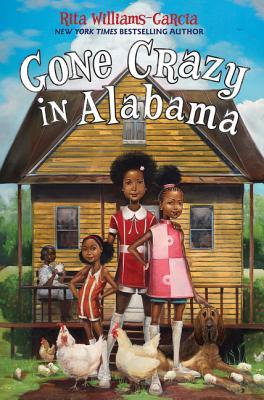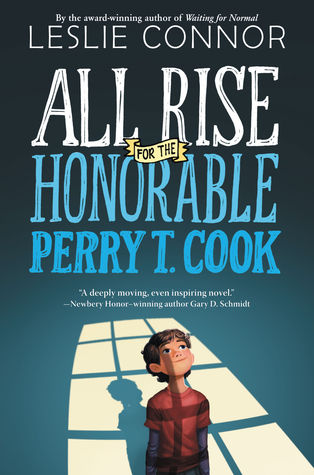 |
| Click to view on Goodreads |
(326 pages)
When I was younger, I absolutely adored Fairest. I liked it even more than I did Ella Enchanted, its more successful older sister, and I read it several times out of sheer love of the story.
Now that I'm older, I'm sad to see that this is yet another book that doesn't captivate me the way it used to. I mean, don't get me wrong, it's still good. I love the way Aza ruminates on beauty, inside and out. The juxtaposition of Aza and Ivi (both beautiful, but in different ways) is very striking, and I still love watching Aza interact with the gnome ZhamM, who is the mentor and friend that I wish every protagonist had. But the romance with Ijori, while sweet, is kind of cloying and almost rushed to me now (I guess because they don't have as many scenes together as I would have liked).
Really, I think now that I'm older I mainly just want the entire book to be longer. I want to delve further into the intricacies of court; I want a closer look at Aza's feelings of inadequacy and hideousness; I want a more subtle, beautiful relationship between Aza and Ijori that grows up over time; I want all this, plus more time with the fascinating and kind gnomes. I could happily have spent an entire book just in their underground home, exploring the lifestyle and political system that's so different from our own.
It's still a really good book, though, and I highly recommend it to any and all. If you liked Ella Enchanted, then you need to read Fairest; if you haven't read either book, then you definitely need to read both of them as soon as possible!
Which book do you like better, Ella Enchanted or Fairest? Let me know in the comments below.
When I was younger, I absolutely adored Fairest. I liked it even more than I did Ella Enchanted, its more successful older sister, and I read it several times out of sheer love of the story.
Now that I'm older, I'm sad to see that this is yet another book that doesn't captivate me the way it used to. I mean, don't get me wrong, it's still good. I love the way Aza ruminates on beauty, inside and out. The juxtaposition of Aza and Ivi (both beautiful, but in different ways) is very striking, and I still love watching Aza interact with the gnome ZhamM, who is the mentor and friend that I wish every protagonist had. But the romance with Ijori, while sweet, is kind of cloying and almost rushed to me now (I guess because they don't have as many scenes together as I would have liked).
Really, I think now that I'm older I mainly just want the entire book to be longer. I want to delve further into the intricacies of court; I want a closer look at Aza's feelings of inadequacy and hideousness; I want a more subtle, beautiful relationship between Aza and Ijori that grows up over time; I want all this, plus more time with the fascinating and kind gnomes. I could happily have spent an entire book just in their underground home, exploring the lifestyle and political system that's so different from our own.
It's still a really good book, though, and I highly recommend it to any and all. If you liked Ella Enchanted, then you need to read Fairest; if you haven't read either book, then you definitely need to read both of them as soon as possible!
Which book do you like better, Ella Enchanted or Fairest? Let me know in the comments below.







